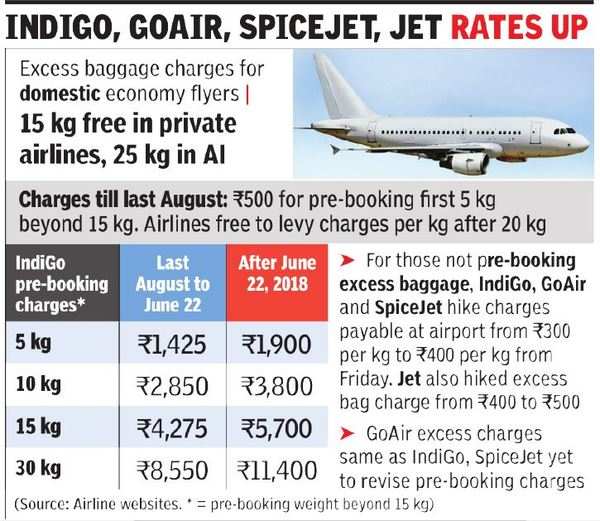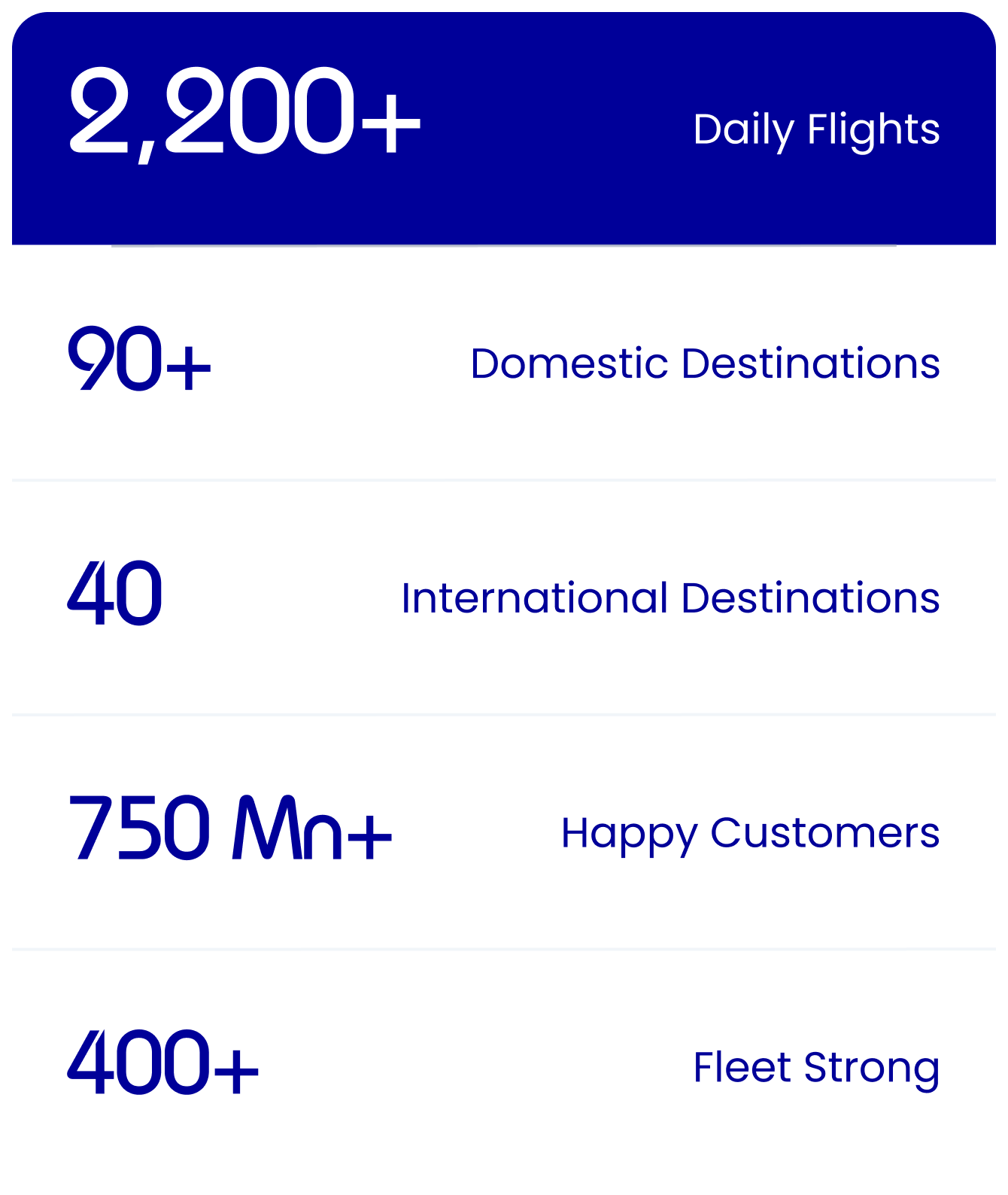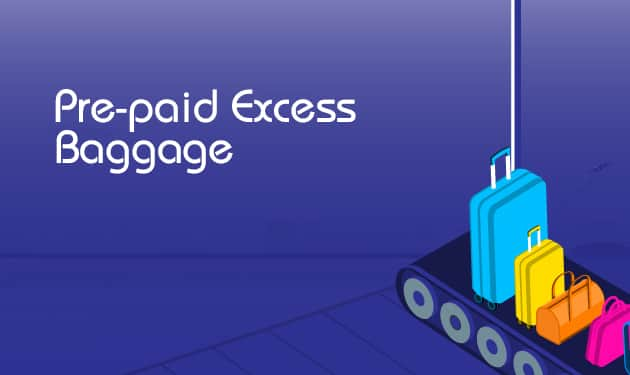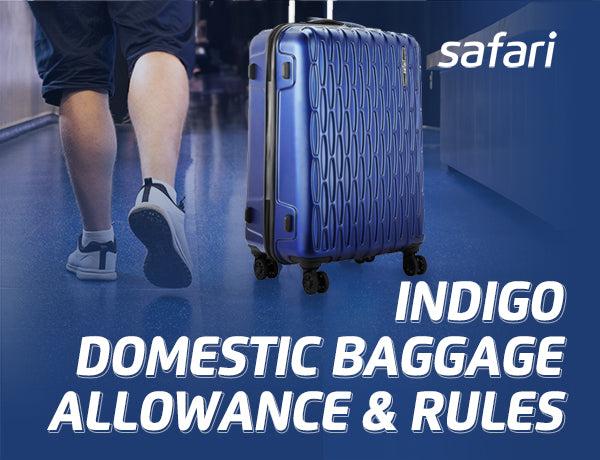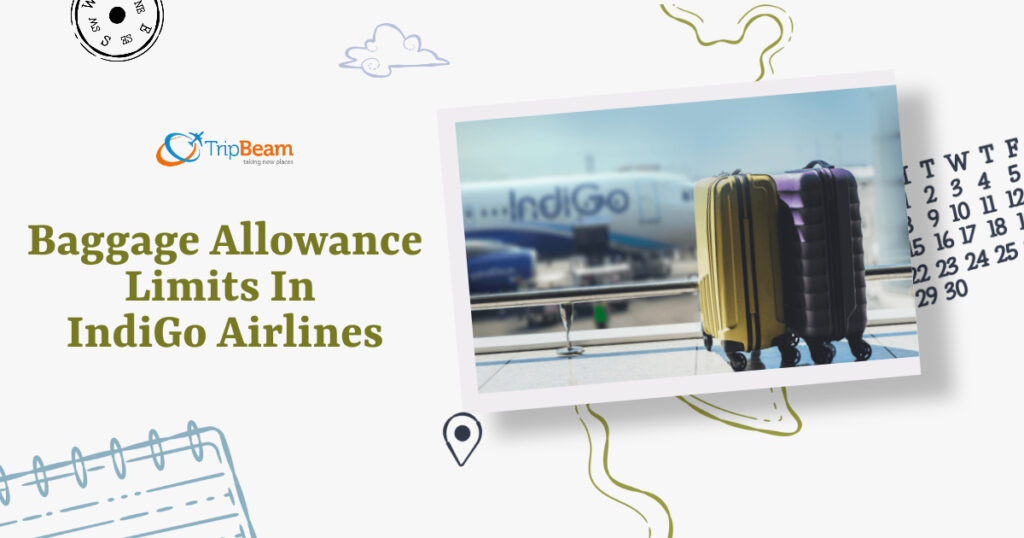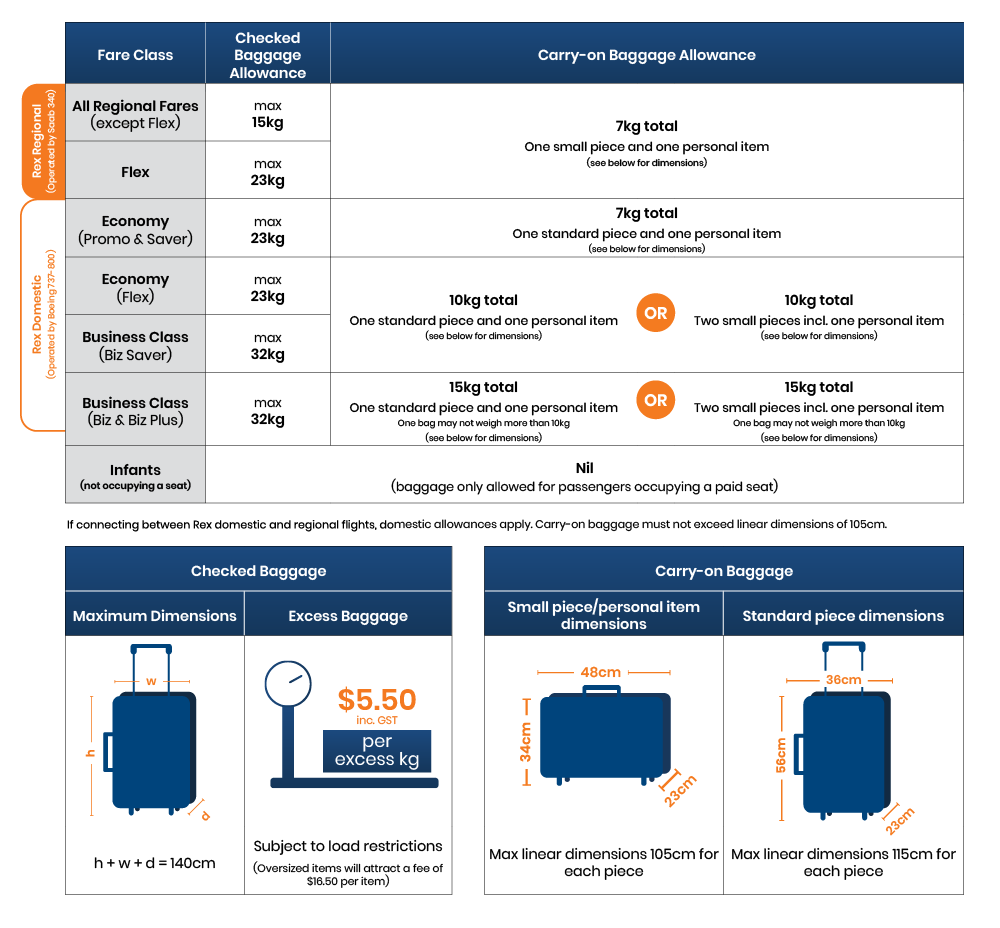Indigo Excess Baggage Charges Domestic

Indigo, India's largest airline, is facing increased scrutiny over its domestic excess baggage charges, with passengers expressing concerns about transparency and affordability. The issue has ignited a debate on fair pricing practices and the overall impact on air travel accessibility for the average Indian traveler.
The rising concerns surrounding Indigo's excess baggage fees highlight a growing tension between airline revenue strategies and passenger expectations. This situation raises questions about the balance between providing affordable base fares and the costs associated with carrying additional luggage. Understanding the specifics of these charges, their justification, and their potential effects is crucial for both consumers and the airline industry.
Understanding the Charges
Indigo levies charges for baggage exceeding the free baggage allowance of 15 kg per passenger on domestic flights. The airline offers pre-purchase options for excess baggage, which are generally cheaper than paying at the airport.
However, passengers often report surprise at the airport when faced with hefty fees for even slightly overweight bags. These charges can vary depending on the sector and the amount of excess weight.
Specific Fee Structure
As of recent updates, Indigo's excess baggage charges can range from ₹550 to ₹700 per kg, depending on whether it is pre-booked or paid at the airport. Pre-booking excess baggage allowance online or through the Indigo call center is typically recommended to avoid higher airport rates.
The airline also offers a lump-sum option to purchase additional weight in blocks of 5 kg or 10 kg. These options are often touted as being more cost-effective for passengers traveling with significantly heavier luggage.
Passenger Concerns and Industry Response
Many passengers argue that the excess baggage fees are disproportionately high, especially for those traveling for essential reasons such as medical treatment or family emergencies. Social media platforms are replete with anecdotes of travelers facing unexpected financial burdens due to these charges.
Some consumer advocacy groups have called for greater transparency in the airline's fee structure. They advocate for clear and upfront communication of potential baggage charges during the booking process.
Indigo's Perspective
Indigo maintains that its baggage policies are in line with industry standards and are necessary to offset operational costs. The airline argues that offering low base fares requires them to unbundle services, including baggage, to provide customers with more choices and control over their spending.
An Indigo spokesperson stated, "We continuously review our policies to ensure fairness and transparency while maintaining operational efficiency." The airline also highlights the pre-purchase options as a way for passengers to save on baggage fees.
Impact on Air Travel
The rising cost of air travel, compounded by excess baggage charges, can deter some travelers, especially those from lower-income groups. This may particularly affect travel for essential purposes such as medical treatments or visiting family members in different parts of the country.
The situation also creates a demand for greater awareness among passengers about their baggage allowance and the associated fees. Planning and pre-booking can significantly mitigate the financial burden of excess baggage.
"Passengers need to be more informed about their baggage allowance and the charges associated with exceeding it," says aviation analyst Mr. Rohan Sharma. "Airlines should also strive to improve transparency in their fee structure."
Looking Ahead
The debate surrounding Indigo's excess baggage charges is likely to continue, with consumer groups and industry stakeholders advocating for a more equitable and transparent system. Increased competition among airlines may also play a role in shaping baggage policies in the future.
Ultimately, the onus is on both airlines and passengers to find a balance that ensures affordable and accessible air travel for all. Continuous dialogue and a commitment to transparency will be crucial in addressing the concerns surrounding excess baggage charges.

